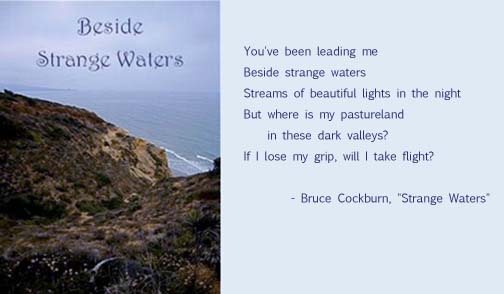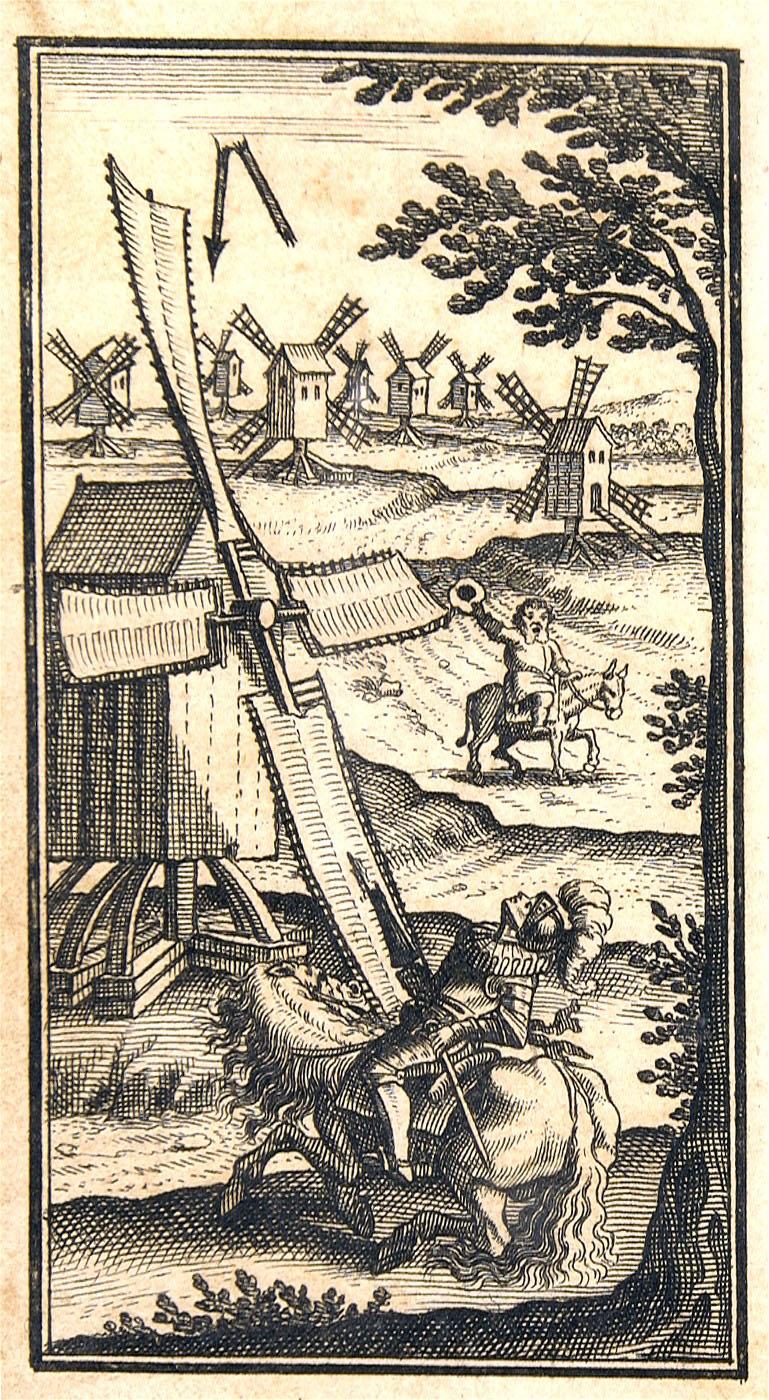Here's the context from which Frye draws the quote:
 |
| https://en.wikisource.org/wiki/Laocoon_(Blake) |
Around his engraving of the famous Roman sculpture, Blake included (as you can see in the image above) a LOT of text, which reads in part:
Jesus and His Apostles and Disciples were all Artists. Their Works were destroy’d by the Seven Angels of the Seven Churches in Asia, Antichrist, Science.A quick Google search reveals hundreds of attempts to decipher Blake's idiosyncratic theology; I have no desire to go there. What fascinates me is the idea that these sacred texts are difficult, that they are encoded, and that when you decode them, what emerges is not a bloodless theology, but vibrant, living Art.
The Old and New Testaments are the great code of Art.
The whole business of Man is the Arts, and all things, common.
No secrecy in Art.
Art is the Tree of Life.
God is Jesus.
Science is the Tree of Death.
For every pleasure Money is useless.*
You, and I, and every human being, have been created in the image of a creative God. Our creativity is therefore potentially holy and definitely meaningful.
Whenever I feel discouraged, I need to remind myself of this larger context against which our brief, tiny, creative lives are played out.
Our lives are not meaningless, and we are not alone.
*http://www.bartleby.com/235/341.html


